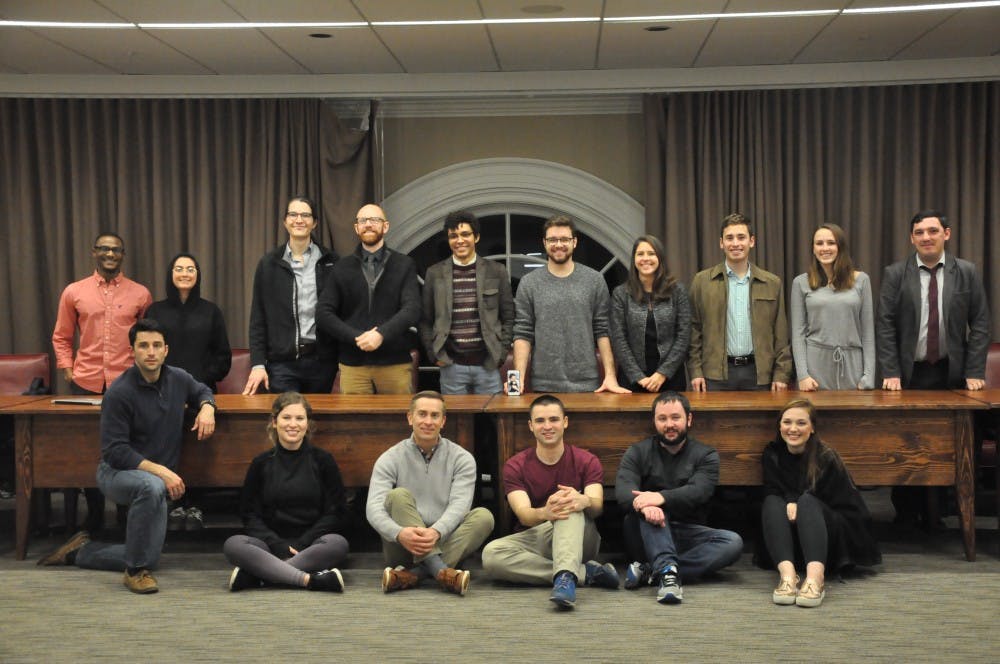At their meeting Sunday, the Honor Committee proposed a reform to the existing Informed Retraction process as well as an amendment to the Honor constitution. The IR reform would allow students to combine multiple singular offenses under a single IR, and the amendment would make it possible for Committee members to remove a representative who cannot successfully fill their role on the Committee.
In the Informed Retraction process, students who have been reported to the Committee for an Honor violation are allowed to admit their offense and serve a two-semester leave of absence from the University after being reported by another member of the U.Va. community.
Devin Rossin, a fourth-year honor student and Honor Committee chair, proposed the reform to the Informed Retraction process. Currently, students must file a separate IR for every incident. Under the reform, students would be allowed to lump individual offenses under a single IR even if they occurred in different contexts and situations. Rossin said the reform would expand the system for students moving through the Honor process and allow students to take greater responsibility for their actions.
“This … would vastly expand what a student can take an IR for,” Rossin said. “There would be no limitation on what a student can take an IR for, provided that they, one, admit to it very specifically, and two, work to make amends for the commission of those acts.”
Rossin said that the reform will help to remove barriers within the Informed Retraction process and eliminate the possibility of a student being forced to go on trial if multiple offenses are present.
“If you get reported for … two things, you can only take an IR for one of them, and then you’d be forced to go to trial for the other one,” Rossin said. “What this would do is remove that barrier.”
Rossin expects a Committee vote on the proposal will take place within the next two weeks, and he believes that the University student body will be highly receptive of the proposed reform.
“I think this is something that the student body would be overwhelmingly in favor of, based on my own experience of being a candidate running for office and my experience as chair and just being a student in the University of Virginia,” Rossin said. “This is an incredibly good thing for the rest of the student body.”
Law student Owen Gallogly introduced the constitutional amendment creating provisions for the Committee to remove a representative who does not adequately fulfill their role on the Committee or a representative who is found to exhibit gross misconduct in their duties.
According to Gallogly, the amendment would have three primary components. First, the amendment would maintain the existing process of a recall election — a special election held by the school of the representative who is subject to removal. Second, the amendment would also add a provision that the Committee itself can vote to remove a member, provided that four-fifths of the entire existing Honor committee votes in favor of the removal. Lastly, the amendment would further allow the representative at risk of removal to defend themselves.
Gallogly said the amendment was proposed because it is nearly impossible to remove a Committee member who does not fulfill their role. Gallogly said he thinks it is necessary to create a provision for the Committee to remove a member.
“Presently there’s no way to remove an Honor Committee member other than by recall election by the students of the member’s school,” Gallogly said. “The real purpose is to address the fact that if there’s a Committee member who’s simply not performing their duties in any way, shape or form or is accused of some sort of gross misconduct in their duties, could be removed and replaced by someone else to represent that school.”
The amendment will likely be voted on both by the Committee and the student body in a referendum in February 2019, although Gallogly noted Rossin will speak to the University Board of Elections to see if a vote could occur sooner than next year.







